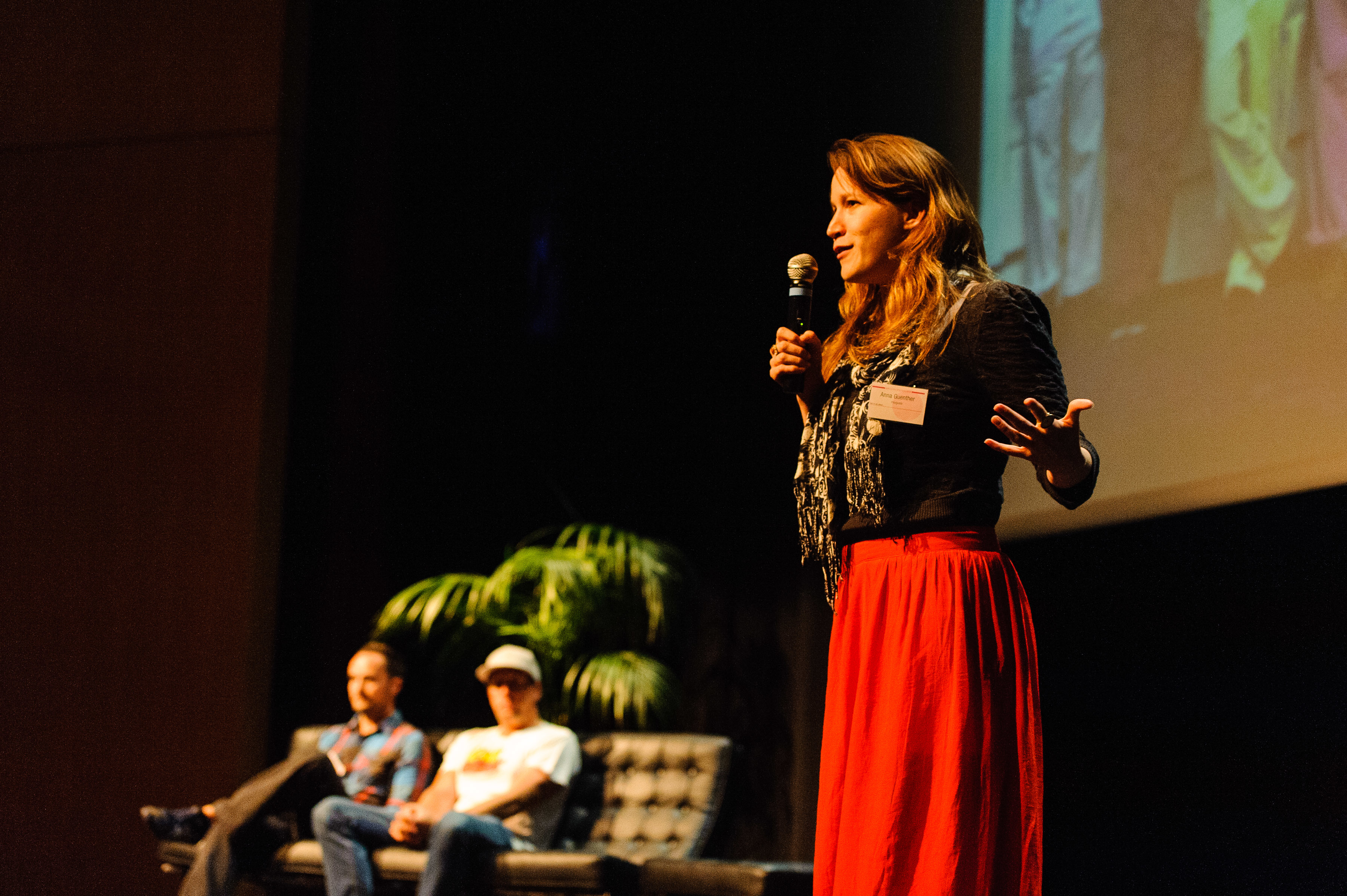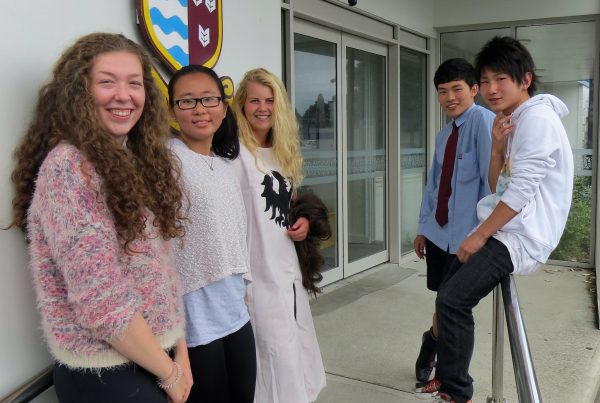
Having spent the last 15 years of his life actively involved in arts philanthropy, Peter has long been acutely aware of the importance of the arts to the cultural, social and economic health of a society. Be it literature, performing arts or visual arts, the arts create hubs for communities and, simultaneously, have long been directly supported by communities. In Wellington, a city often titled the ‘creative capital’, this is particularly true, as government funding bodies, companies and private individuals pool financial resources, knowledge and time to cultivate an easily felt sense of vibrancy and artistic expression. It doesn’t just happen because it happens; it happens because of people doing their bit.
As corporations with long involvement in the arts pull out of Wellington, or shift their focus from the arts towards the quick and easy return of sports sponsorship, or remove funding altogether, change is in the air. Played well, this realignment could lead to a stronger and more sustainable position for both the arts and our sense of community. In this article, FishHead speaks with a cross section of individuals involved with philanthropy, donations and giving, in the process reviewing what has been, and what could come next.
Brian Steele and Andrea Cochrane

Brian credits his interest here to the influence of the late Sir Roy McKenzie, whose, as he puts it, “goodness rubbed off on me over the years”. He’s quick to define what he does with Andrea as sponsorship, not philanthropy. “I think the sponsorship idea is healthy because both parties have to give.” On a yearly basis they support Circa Theatre, and for the last five years have supported Long Cloud Youth Theatre. Then there have been other projects like contributing to the refurbishment of Bats Theatre.
Brian and Andrea regularly bring business guests to Circa, hoping to encourage a taste for theatre and perhaps further sponsorship. “I wonder if people out there realise how easy it is to get involved,” Brian muses. “I think people really miss out by not doing these things.”
“We’ve developed a whole new range of friends,” Andrea says. “There are some really great opportunities for people to participate.”
Committed to ongoing sponsorship relationships, Brian and Andrea establish a level and look to increase it over time. “The theatres were started by people leaving Europe at the end of World War II,” Brian says. “They didn’t see this even existing here, so they created it. It’s a lot harder to create from scratch than it is to support. These things just need propping up. They’re already going.”
Pat Shepherd

“It’s about everyone doing their tiny bit,” he enthuses. “Those tiny bits add up to a huge amount and actually support our community and environment with absolutely no stress on our lives.” To facilitate this, after two years of coffee meetings and brainstorming sessions, Pat unveiled One Percent Collective. Rooted in the idea of asking people to donate individually 1 percent of their yearly income to charity, the collective makes use of digital storytelling, support from the local arts community and new approaches to the media about giving to spread its message.
With infrastructural financial support provided by a core set of donors dubbed ‘The Founding 40’ and a second tier called ‘The Future 50’, Pat’s charity doesn’t have to rely on grants to operate. This allows them to plan ahead more freely while working with the network of charities they support. Partnered heavily with local independent businesses, musicians, artists and writers, they’ve become the charity of choice within the creative sector, along the way illuminating models and practices that, if adopted within the local arts community, could be incredibly helpful to sustaining the wider presence and impact of the arts on a cultural and social level. “Younger people tend to think of philanthropy as to do with religion or collecting on the street,” Pat admits. “We wanted to move away from that.”
Anna Guenther
The co-founder and CEO of online crowdfunding platform PledgeMe, Anna Guenther’s vision for the future of social enterprise is sustainability. “Charity has always been unsustainable,” she says. “There is no certainty of support.” Aware of the way charity outcomes can seem invisible at times, Anna is concerned with bringing good into our everyday lives. “The reason behind what we do with crowdfunding is there has to be value exchange,” she explains. “If you are helping someone out, you need to get something in return. That’s quite different from the just-give model.”
Since their hard launch in 2012, PledgeMe has helped New Zealanders raise over $2 million in funding, turning numerous dreams into reality along the way. In the process they’ve begun to scrub the stigma off asking your peers for support. A driving force in the rise of the platform has been the local arts scene. “The vast majority of our creative projects are from Wellington,” she reveals. “They are creative and they are artists, so I think they need to be creative with their crowdfunding. In saying that, they have done some crazy stuff in the last two years, but there is still an $80 million funding gap for creative projects in New Zealand.”
Also concerned with bridging the capital chasm faced by many young companies, Anna and PledgeMe have been working towards an equity crowdfunding licence with the Financial Markets Authority. “With equity you’ll have some ongoing ownership,” she explains. “If a company grows really big because of the money you put in, and they sell, you’ll get a return.” She’s excited about the idea of engaging investors at a more grassroots level. Anna’s also optimistic about the potential to increase diversity within business, in terms of operators, investors and board members.
Peter Biggs
In 1999, Peter Biggs was named chair of Creative New Zealand. Awarded a first-class honours degree in English literature and Latin from Victoria University, as alluded to above, he’d long loved the arts. The following year, the Labour government’s $20 million Cultural Recovery Package came through. Witnessing the impact, Peter decided to start giving himself. “It became a leadership issue for me,” he says. “I quickly learned that any small amount of money goes an enormously long way in the arts… I thought I had best lead by example.”
Peter stayed chair until 2006, when he was appointed chief executive of Clemenger BBDO Melbourne. Now dividing his time between that city and Wellington, he continues to chair or sit in membership on arts councils, boards and reviews. “If people feel they can reach their creative potential, that has a spin off to the whole economy,” he explains. “Countries can’t just be beautiful any more; they have to be interesting as well.”
Over the last decade and a half, Peter has seen private philanthropy increase as traditional corporate involvement falls. “It’s not just financial generosity; it’s time, energy, experience and advice,” he says. “The arts philanthropy thing is wider than money. That’s one of the things that needs to be better understood.” While cultivating private philanthropic relationships isn’t easy, Peter describes it as “the best money arts organisations can get”, enthusing about the freedom it offers. He also praises crowdfunding platforms like Boosted and PledgeMe, and the impact of Culture and Heritage Minister Chris Finlayson’s Cultural Philanthropy Taskforce, while highlighting the importance of development within arts organisations. “I don’t call it fundraising,” he says. “It’s gotten a lot more sophisticated. You need someone experienced in that role. Getting the money in used to be the last item on the agenda at meetings. It’s got to be first now.”
While traditional corporate funding support might be retracting, and government arts funding is barely holding the line, the importance of private philanthropy and donations only increases, as does the importance of new strategies and models for raising awareness of, and cultivating, these exchanges. Moving forward, Peter Biggs sees leadership by example as key. “In the United States, if you are on the board of an arts organisation, you give. This is something which is only just growing in New Zealand. You give, and you give a considerable amount. It’s part of the deal if you want to come onto that board.”
Falling in line with the idea of individual leadership by example, he sees the arts community in Wellington as being able to lead the way collectively for New Zealand. “For Wellington to think that the traditional corporations are going to continue to support the arts would be very naive,” he says. “There has got to be a new dynamic in terms of small-to-medium enterprises, emerging and successful tech companies, and private individuals stepping up. I think this is how Wellington is going to keep its leadership role. It’s got to think differently. It’s got to become more cohesive and collegial. That’s how I think we will keep things like the Festival of the Arts strong and vibrant. It’s all doable, but it means thinking very differently. The council isn’t going to just turn it on. It has to be done by the people of Wellington now, which is really amazing. It could be fantastically wonderful. There are a lot of conversations going on around Wellington among really good people who want to contribute in this way, which I think is really exciting.”
As reassuring as Peter’s vision sounds, it won’t happen without everyone doing their bit.





